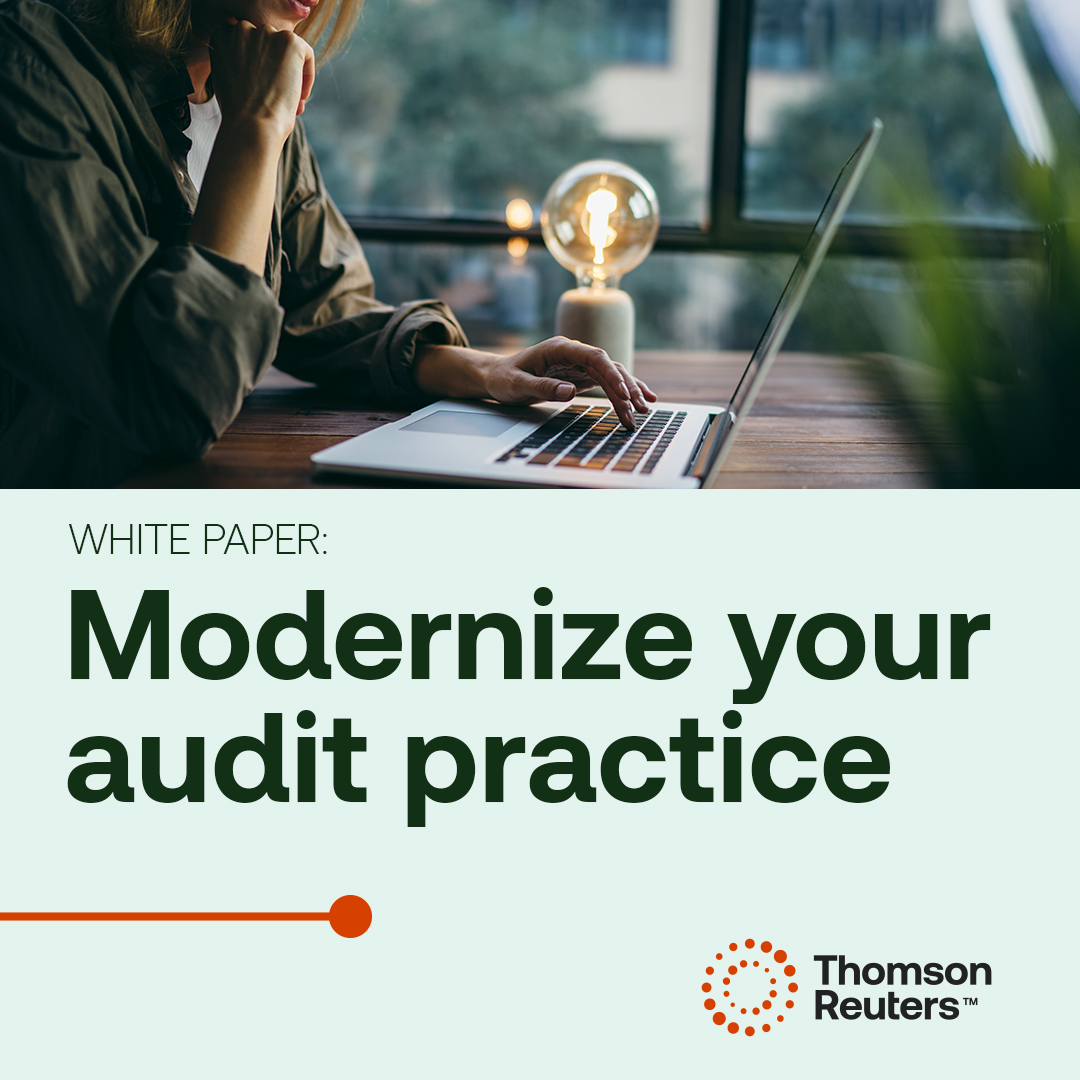In today’s high-stakes landscape, auditors play a critical role in both verifying accuracy and safeguarding their clients’ financial integrity. From uncovering fraud to identifying weaknesses in internal controls, audit professionals serve as critical risk assessors, helping their clients navigate and respond to ever-evolving threats.
However, auditing in the digital age requires a more advanced set of tools. From cybersecurity breaches to complex compliance challenges, traditional audit methods alone aren’t enough. Risks can strike from anywhere — regulatory gaps, internal process failures, or even overlooked data anomalies. Does your firm have the ability to act with precision?
The battle against audit risk
According to a recent survey by Protiviti and The Institute of Internal Auditors (IIA), 76% of respondents view cybersecurity as a high-risk area, and with good reason.
As technologies increasingly integrate into business functions, they create significant vulnerabilities in organizations that have more and more devices connecting to those business functions. Bad actors are continuously developing new attack methods to stay ahead of security protocols. They can exploit these technologies to identify and take advantage of vulnerabilities, similar to an invasive plant finding its way into cracks in your home’s foundation.
Unfortunately, there isn’t a single digital pesticide strong enough to protect the foundations of your business, even if you can find enough skilled security professionals. The good news is that while technology can’t prevent all cyber risks, it does give us more ways to detect and combat them.
The role of AI in risk assessment
By automating detection, enhancing decision-making, and enabling real-time analysis, AI can significantly improve how audit firms identify, assess, and mitigate risk across various domains, including:
Fraud detection
Fraud schemes are becoming increasingly sophisticated, often involving subtle anomalies that human reviewers may overlook. AI tools can analyze vast datasets in real time to identify patterns indicative of fraudulent behavior, such as unusual transaction flows, inconsistent reporting, or deviations from historical norms. Machine learning models can be trained to evolve with new types of fraud, continuously improving their accuracy and effectiveness. This allows audit professionals to intervene earlier in the fraud cycle, helping firms reduce financial loss and avoid reputational damage.
Internal controls
Often, internal control deficiencies are hidden within complex processes or isolated incidents that are difficult to detect without real-time oversight. AI solutions can continuously monitor control environments, flagging anomalies that may suggest breakdowns in procedures or compliance gaps. Through intelligent automation and predictive analytics, AI can recommend targeted adjustments to internal controls, supporting a more proactive and adaptive risk management strategy.
Data breaches
While often discussed in the context of cybersecurity, data breaches also represent a broader risk to financial systems and internal operations. AI enhances breach detection by identifying abnormal access patterns, cross-referencing user behavior, and monitoring data movements in real time. This rapid response capability helps firms prevent breaches before sensitive client or firm data is compromised. Furthermore, AI can streamline incident response protocols by prioritizing alerts based on severity and providing actionable insights to IT and risk teams.
Because AI analyzes complete groups of data and transactions rather than sampling, auditors get a more complete digital audit to identify anomalies for additional scrutiny. This also ensures that smaller transactions get the same level of scrutiny as bigger transactions.
Think you can spot every hidden risk? Put your skills to the test in our interactive AI-powered risk assessment game.
Stay ahead of threats with AI-powered risk assessment
Today, AI-powered audit solutions are instrumental in enabling real-time, enterprise-wide risk assessments. Instead of relying solely on periodic audits or manual data reviews, firms can leverage AI to continuously scan for emerging threats across multiple areas, whether it be financial, operational, or regulatory.
With interactive dashboards and automated reporting features, AI-driven solutions provide auditors with timely visibility into risk exposure. This allows your firm to take swift, informed action and reduce the likelihood of surprise issues that could escalate into crises.
Ultimately, the integration of AI into the risk management processes empowers audit firms like yours to operate with greater precision, agility, and confidence. By shifting from static assessments to dynamic, data-driven approaches, AI tools help firms anticipate risk rather than react to it.
From uncovering fraud to reinforcing internal controls to detecting data breaches, AI supports overall compliance with the real-time insight needed to safeguard both the interests of your clients and your firm.
 |
|









